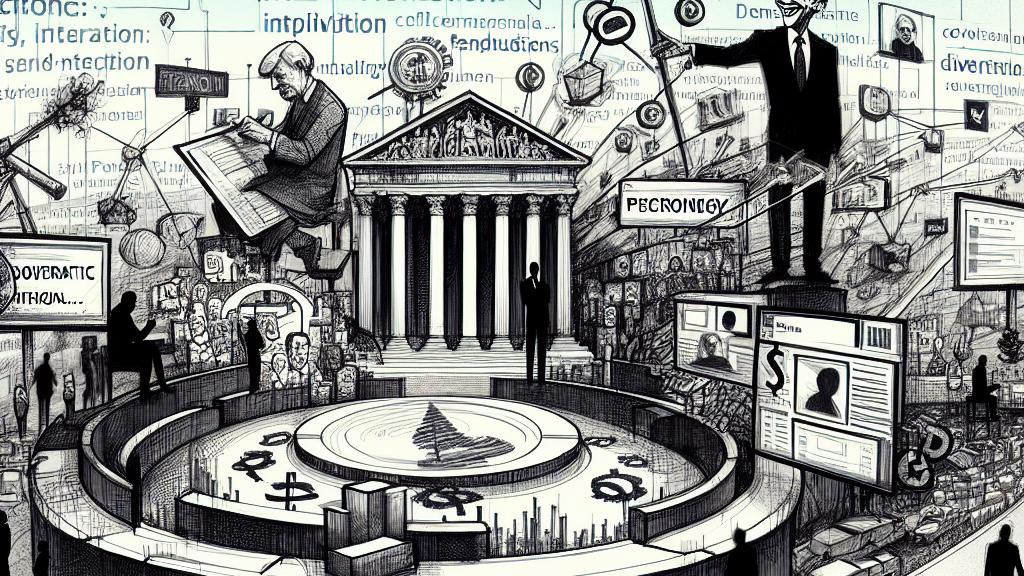Understanding State Capture and Its Impact on Government
Overview
- Discover how state capture occurs as powerful elites manipulate governmental processes.
- Examine Elon Musk's growing influence and its potential threats to democratic integrity.
- Learn from historical examples of state capture around the world and their far-reaching consequences.

Elon Musk and State Capture
Elon Musk, a name synonymous with innovation and wealth, has recently ventured into controversial territory that raises plenty of eyebrows. He is often linked to the concept of 'state capture'—a scenario where powerful individuals exploit government structures for personal gain. This isn't just a minor issue; it’s a matter that fundamentally challenges our democratic foundations. Imagine being in a situation where the lines between private interests and public service blur dangerously. Although Musk claims he is pushing for vital government reform, one must ponder: is this a genuine effort for the common good, or is it a strategic maneuver to advance his personal agenda? As we navigate these murky waters, we must remain vigilant regarding the implications for our democracy.
Defining State Capture
But what is state capture, really? It’s a systemic form of corruption where a select few manipulate state institutions to shape decisions in their favor. Picture this: in countries like Ukraine and Hungary, entrenched political elites have effectively rigged the system to protect their interests while disregarding the needs of the general populace. This is not just a theoretical concept—it's a grave reality with real-world implications. For instance, substantial public outcry in Hungary illustrates the anger and resentment stemming from these power struggles. The consequences are dire; citizens may feel disenfranchised and powerless. State capture, then, serves as a warning bell, calling us to rally around our democracy and challenge those who would undermine it.
Musk's Actions and Historical Context
When analyzing Musk's current actions through the lens of historical precedents, the parallels become alarmingly clear. Nations such as South Africa and Brazil have faced the destructive forces of state capture, where powerful elites have manipulated governmental authority for their gain. In South Africa, the loyalty of the public eroded as corruption scandals unfolded, igniting protests and calls for accountability. On the other side of the globe, Brazil witnessed political upheaval as leaders leveraged their positions for personal enrichment, abandoning their responsibility to the people. By juxtaposing Musk's maneuvers with these past events, one cannot help but question whether we are on a similar trajectory. The pertinent question lingers: are we witnessing the slow erosion of democratic norms in our own country, and what can we do to resist it? The cost of inaction could be too high.

Loading...